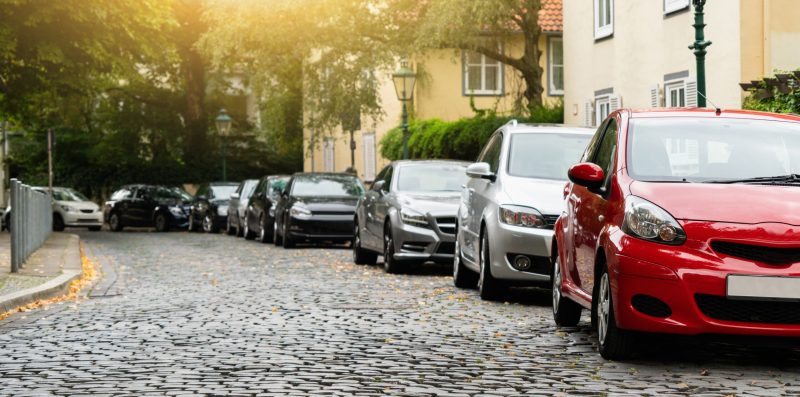Car sales in Europe took a hit in September, marking the first consecutive monthly decline in over two years as the region’s economy remained sluggish and consumers cut back on spending
The European Automobile Manufacturers’ Association reported a 4.2% drop in new-car registrations, totaling 1.12 million units compared to the same period last year.
Despite rising electric vehicle (EV) sales, the decline in combustion-engine models and weak consumer spending contributed to the drop.
Economic challenges impact automakers
European automakers struggle to boost sales in a stagnating economy, compounded by rising interest rates.
Stellantis NV, the parent company of Fiat and Peugeot, was among the hardest hit, with its registrations plummeting by 26% across the region.
While markets like the UK and Spain saw slight upticks in sales, major economies such as Germany, France, and Italy recorded declines, dragging down the region’s overall performance.
The European economy’s slowdown and tightening financial conditions have made it difficult for automakers to entice buyers.
“Higher interest rates are weighing on consumers’ purchasing power,” said an industry analyst in a Bloomberg report, adding that this trend could continue into the next quarter.
EV sales offer some relief
One bright spot for automakers was the rebound in EV sales, particularly in the UK, where deliveries surged by 24% in September.
Automakers have been heavily discounting their EV offerings to comply with government mandates for zero-emissions vehicles.
In Germany, where the government is debating new incentives for EV buyers, sales of electric cars grew by 8.7%.
Despite this, year-to-date EV sales in Europe are still down by 2.6%.
The outlook for the sector remains uncertain, with planned tariffs of up to 45% on Chinese-made EVs set to take effect in the coming weeks.
Both the European Union and China are negotiating to find alternatives to these tariffs, with German Chancellor Olaf Scholz voicing his opposition to the levies.
Automakers adjust strategies
As consumers remain wary of the high costs associated with EVs, European automakers are pivoting toward more affordable models.
Renault recently unveiled its €25,000 ($27,053) R5, while Stellantis launched its €23,300 Citroën ë-C3 city car.
Despite these efforts, Volkswagen AG is considering factory closures in Germany due to declining demand, while Porsche AG and Mercedes-Benz have scaled back their EV ambitions.
The EV downturn raises concerns for manufacturers like Volkswagen, Stellantis, and Renault, who risk facing up to €15 billion in fines if they fail to meet stricter European fleet-emission standards set to come into effect soon.
The post European car sales decline for first time in two years; EV sales provide some relief appeared first on Invezz


